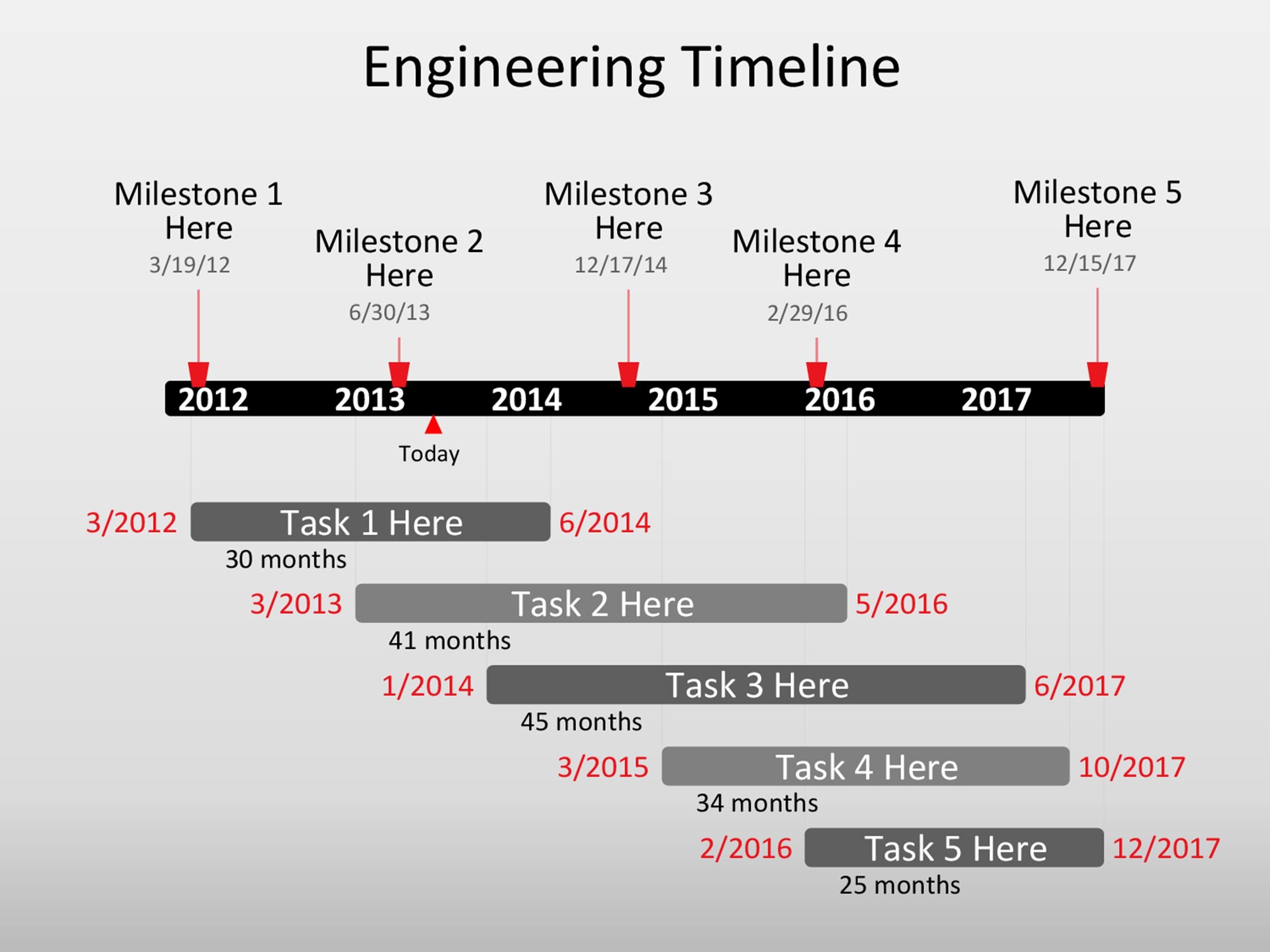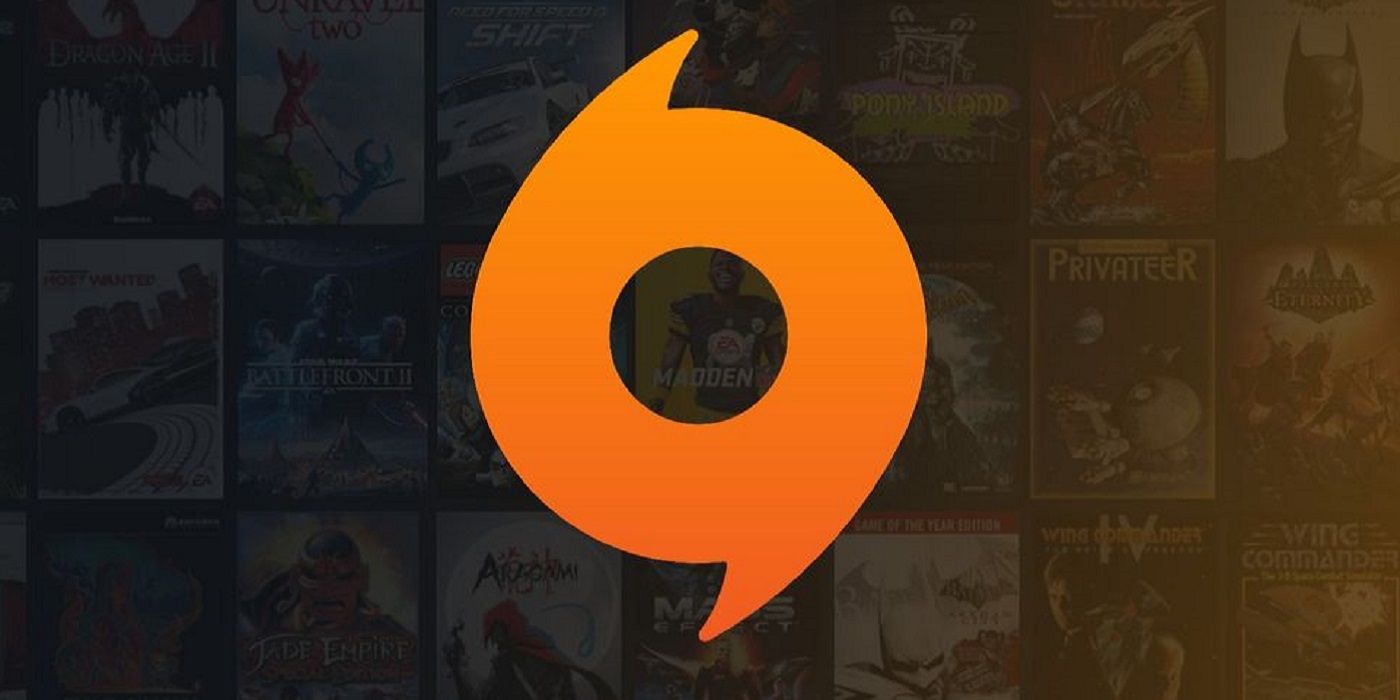Electronic Arts (EA) stands as a titan in the interactive entertainment industry, wielding considerable influence over how we play, connect, and experience digital worlds. The company’s journey, marked by innovation, strategic acquisitions, and occasional controversies, reflects the dynamic evolution of the gaming landscape.
A Legacy Forged in Innovation

Founded in 1982 by Trip Hawkins, Electronic Arts distinguished itself early on by treating game developers as artists, a novel approach at the time. Instead of relegating programmers and designers to anonymity, EA showcased their talent, featuring their names prominently on game boxes and even including their photos. This emphasis on creativity and developer recognition fostered a culture of innovation that propelled EA to the forefront of the industry.
- EA pioneered several technological advancements that shaped the future of gaming.
- One notable example is its early adoption of 3D graphics, which brought a new level of realism and immersion to games.
- Furthermore, EA was among the first companies to embrace online multiplayer gaming, connecting players from around the globe in shared virtual experiences.
- The company's commitment to pushing boundaries extended beyond technology.
- EA also revolutionized game publishing and distribution, streamlining processes and expanding its reach to a wider audience.
- By investing heavily in marketing and promotion, EA transformed video games from niche hobbies into mainstream entertainment.
Iconic Franchises: Pillars of EA's Success
EA’s portfolio boasts some of the most recognizable and beloved franchises in gaming history. These franchises, each with its dedicated fanbase and enduring appeal, have been instrumental in the company’s long-term success.
-
FIFA (now EA Sports FC): This football (soccer) simulation franchise is a global phenomenon, capturing the passion and excitement of the world’s most popular sport. With its realistic gameplay, authentic licenses, and constant updates, FIFA has consistently topped sales charts and cultivated a massive online community.
-
Madden NFL: Focusing on American football, Madden NFL has dominated the sports gaming market for decades. Its accurate representation of NFL teams, players, and strategies, combined with innovative features and modes, has made it a must-have for football fans.

-
The Sims: This life simulation franchise allows players to create and control virtual people, build homes, and explore relationships. Its open-ended gameplay, endless customization options, and charming humor have made it a favorite among casual and hardcore gamers alike.

-
Battlefield: Known for its large-scale multiplayer battles, realistic graphics, and immersive sound design, Battlefield has redefined the first-person shooter genre. The franchise's focus on teamwork, strategic gameplay, and historical settings has earned it critical acclaim and a loyal following.

-
Apex Legends: This free-to-play battle royale game has quickly gained popularity thanks to its fast-paced action, unique characters with special abilities, and innovative gameplay mechanics. Its success has solidified EA's position in the competitive gaming market.

Strategic Acquisitions: Expanding EA's Reach

EA’s growth strategy has involved acquiring numerous studios and intellectual properties over the years. These acquisitions have allowed the company to diversify its portfolio, expand its talent pool, and gain access to new markets and technologies.
- Maxis (1997): The acquisition of Maxis, the studio behind The Sims and SimCity, brought a wealth of creative talent and established franchises to EA’s portfolio.
- This move solidified EA's position as a leader in the simulation genre and provided a foundation for future growth.
- Westwood Studios (1998): Westwood Studios, the developer of the Command & Conquer series, was another key acquisition.
- This brought a popular real-time strategy franchise into the EA fold and strengthened its presence in the PC gaming market.
- BioWare (2007): The acquisition of BioWare, known for its critically acclaimed RPGs such as Mass Effect and Dragon Age, was a major coup for EA.
- BioWare's expertise in storytelling, character development, and world-building has enriched EA's portfolio and attracted a new audience.
- PopCap Games (2011): PopCap Games, the creator of popular casual games like Bejeweled and Plants vs. Zombies, broadened EA's reach to the mobile gaming market.
- This acquisition allowed EA to tap into the growing demand for mobile entertainment and diversify its revenue streams.
- Codemasters (2021): Codemasters, renowned for its racing games like F1 and Dirt, further strengthened EA's position in the sports and racing genre.
- This acquisition provided EA with access to valuable licenses, development expertise, and a dedicated fanbase.
Navigating the Digital Landscape: EA's Online Services

EA has embraced the digital distribution of games and online services, recognizing the importance of connecting with players directly. Platforms like EA app (formerly Origin) provide a hub for players to purchase, download, and play EA games.
- EA Play: This subscription service offers players access to a library of EA games for a monthly fee.
- Subscribers also receive exclusive benefits such as early access to new releases, discounts on purchases, and in-game rewards.
- EA Play represents a key component of EA's strategy to build a recurring revenue stream and foster long-term engagement with its audience.
- Online Multiplayer: EA's games often feature robust online multiplayer modes, allowing players to compete against each other in real-time.
- These online experiences foster a sense of community and provide ongoing content and challenges that keep players engaged.
- EA invests heavily in server infrastructure and anti-cheat measures to ensure a smooth and fair online gaming experience.
- Live Service Games: Many of EA's titles are designed as "live service" games, meaning they receive regular updates, new content, and ongoing support after release.
- This approach allows EA to continually evolve its games, address player feedback, and maintain a high level of engagement over time.
- Examples include Apex Legends and various sports titles, which receive seasonal updates, new characters, and gameplay tweaks.
Controversies and Challenges: Addressing Criticism

Despite its success, EA has faced criticism over the years for various business practices and design choices. These controversies have often centered on issues such as microtransactions, loot boxes, and perceived anti-consumer behavior.
- Microtransactions and Loot Boxes: The inclusion of microtransactions and loot boxes in EA games has been a frequent source of controversy.
- Critics argue that these systems can be exploitative, particularly when they involve elements of chance or pay-to-win mechanics.
- EA has responded to these concerns by implementing changes to its monetization strategies, such as providing greater transparency and offering more predictable rewards.
- Game Development Practices: EA has also been criticized for its game development practices, including crunch time and studio closures.
- Concerns have been raised about the impact of these practices on employee well-being and the quality of the games produced.
- EA has stated that it is committed to creating a more sustainable and supportive work environment for its employees.
- Licensing Agreements: EA's exclusive licensing agreements, particularly in the sports genre, have also drawn criticism.
- Some argue that these agreements limit consumer choice and stifle innovation by preventing other developers from creating competing games.
- However, EA maintains that these agreements are necessary to ensure the quality and authenticity of its sports simulations.
The Future of EA: Innovation and Adaptation

Looking ahead, EA faces the challenge of adapting to the ever-changing gaming landscape. Emerging technologies such as cloud gaming, virtual reality, and augmented reality are poised to revolutionize the industry, and EA must innovate to stay ahead of the curve.
- Cloud Gaming: Cloud gaming services, which allow players to stream games over the internet without needing to download them, are gaining traction.
- EA is exploring cloud gaming opportunities to expand its reach to new platforms and audiences.
- This technology could potentially eliminate the need for expensive gaming hardware and make EA games more accessible to a wider range of players.
- Virtual Reality and Augmented Reality: VR and AR technologies offer immersive and interactive gaming experiences.
- EA is experimenting with VR and AR to create new types of games and entertainment.
- These technologies could potentially transform how we interact with digital worlds and create entirely new forms of gameplay.
- Artificial Intelligence: AI is playing an increasingly important role in game development, from creating more realistic AI opponents to generating dynamic game content.
- EA is investing in AI research to enhance its games and create more personalized and engaging experiences for players.
- AI could also be used to automate certain aspects of game development, allowing developers to focus on more creative tasks.
- Esports: Esports continues to grow in popularity, and EA is actively involved in supporting competitive gaming events for its titles.
- EA's esports initiatives include organizing tournaments, sponsoring teams, and creating content for esports fans.
- Esports provides a valuable marketing platform for EA games and helps to build a strong sense of community around its franchises.
Electronic Arts' journey from a pioneering startup to a global entertainment powerhouse is a testament to its commitment to innovation, its ability to adapt to changing market conditions, and the enduring appeal of its iconic franchises. While the company faces challenges and criticisms, its focus on shaping the future of interactive entertainment ensures its continued relevance and influence in the years to come.



No comments:
Post a Comment